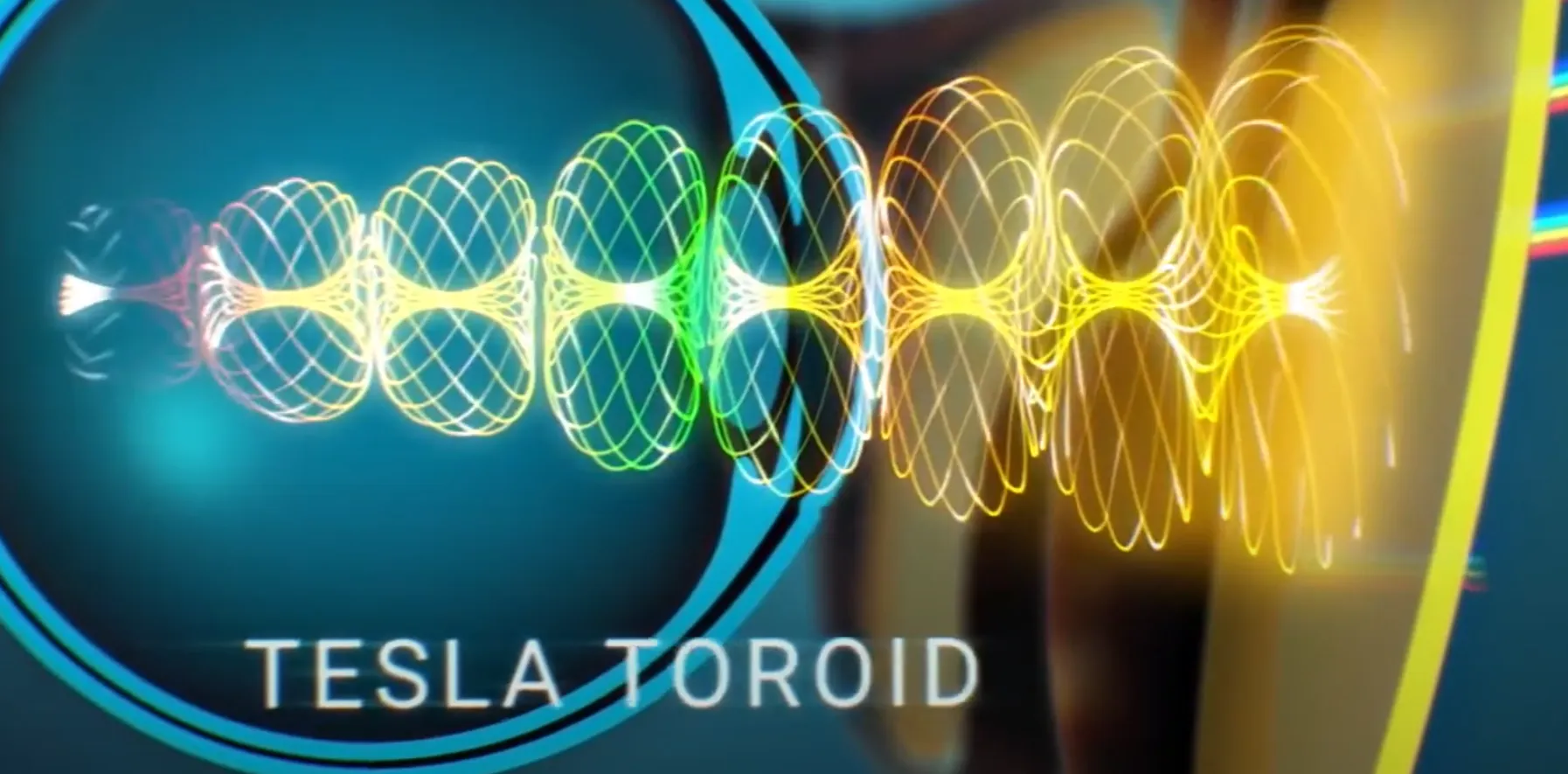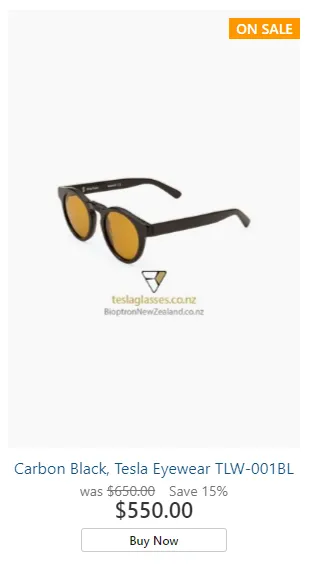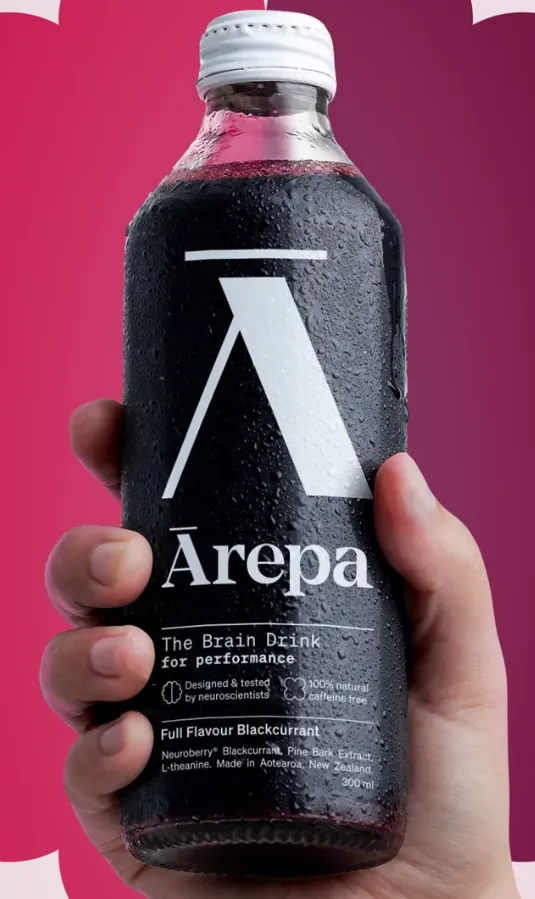Go Green Expo
Craig Shearer - 14th November 2022
This past weekend I visited the Go Green Expo, which is a show with the general theme of “green” or being ecologically mindful. Such things are usually a magnet for companies promoting bogus products in addition to those with genuine solutions to becoming “greener”.
And while I thought that most of the exhibitors were reasonably innocuous from a skeptical perspective, there were certainly a few that provoked bemused looks from me. There were a couple of booths for chiropractors, promoting their usual offers to examine your spine and determine that you need their services, and there was the College of Natural Health & Homeopathy, promoting its courses to train you to promote bogus wellness scams.
But I want to focus on a couple of exhibitors that piqued my interest. Firstly, Bioptron had a couple of booths promoting their weird machine that supposedly does wonders for all sorts of health conditions, simply through the use of a magical light. Mark has written about this company and their machines in the past, but I picked up one of their brochures and saw a panel promoting Tesla Eyewear - with a dedicated website.
These glasses make some astounding claims. With these glasses, you get improved vision (though not through the use of actual lenses!), improved cognitive abilities, hormonal balance, and anti-aging to boot.
Of course, as expected the website is full of technobabble and gobbledegook. An accompanying video claims that the glasses somehow transform sunlight into a “Tesla Toroid”, which is a thing, but nothing to do with light. Then the light transmits itself through the optic nerve into the brain (no mention of how the light interacts with the retina) which
“in the course of a self-recognition process, the hyper-harmonised light interacts with self-similar bio-structures which can initiate the regaining of disturbed symmetry and harmonisation of brainwaves”
Whatever that means!

Of course, in recognition of the power of science in the minds of the buying public, the website has the obligatory “science” page, none of which makes any sense. These glasses feature Fullerene C60, a nanostructured allotrope of Carbon. That makes them super-science-y.
These glasses are very expensive (though how much would you pay for a product that improves your cognitive abilities and stops ageing?). The price tag starts at $550 for the cheapest pair.

To me, they look like an expensive pair of sunglasses. Additionally, since they’re meant to be worn continuously, there’s no mention of any versions that would include vision correcting lenses required by a large portion (about 50%) of the global population.
Best to avoid.
Ārepa
The second booth that attracted my attention was a company that sells “brain drinks”. Called Ārepa, they offer a product that, again, enhances cognitive performance.

I spoke to a woman at the booth who is the sister of one of the founders of the company. She related to me that one of the founders (her brother, I think) used to work for Red Bull, but wasn’t happy with the health effects of energy drinks, which largely consist of a lot of caffeine and sugar. Their new drink doesn’t contain caffeine, but includes a variety of other ingredients claimed to have a beneficial effect.
The company is working in conjunction with various hi-profile universities and institutes in NZ and Australia and the US including the University of Auckland, Swinburne University of Technology, the University of Wollongong, and the University of North Carolina at Chapel Hill.
The ingredients include L-theanine (which is an ingredient in green tea), and polyphenols, flavonoids, and anthocyanins which are claimed to be antioxidants (a health buzzword) that prevent inflammation (another buzzword) and reduce neuronal cell death.
While it’s great that they claim to have a support of science in their product (and their science page includes the heading “Neuroscience not pseudoscience”, I fear they’re maybe getting a little ahead of the actual research.
They state that research is “currently underway” at the School of Psychology at University of Auckland, where they have a small placebo controlled study on 25 healthy adults - likely students. So, my interpretation of that is that they haven’t yet shown their products actually work.
The products are made from “all natural” ingredients including an extract from New Zealand grown pine bark, and New Zealand “Neuroberry” blackcurrants (which support cognitive function), and the L-theanine, sourced from Japan (likely from the green tea, popular there).
What they’re selling is a fairly expensive drink, designed to be taken on a regular basis. This is available either in packs, or on a subscription basis. Their recommended “Ārepa Maintenance Bundle” sells for $92 for a one time purchase, or $82.80 for a subscription delivered every 30 days. Obviously, they want you to subscribe and make this a lifestyle habit.
To me this feels like a slickly-marketed lifestyle product aimed at wealthy professionals and executives looking for an edge over their peers. What worries me about such products is they tend to get ahead of the science. The marketing comes first and the science is used as a prop, just enough detail to make it sound plausible.
What’s not clear from their science, so far at least, is whether their drink performs well enough (or at all) over simply drinking some green tea, or getting a good night’s sleep to justify the price-tag.